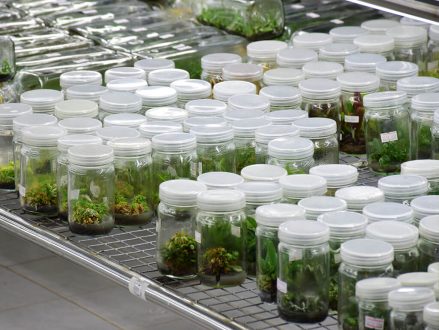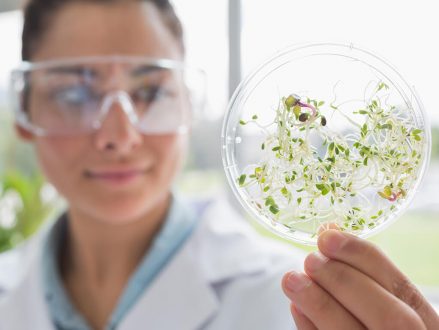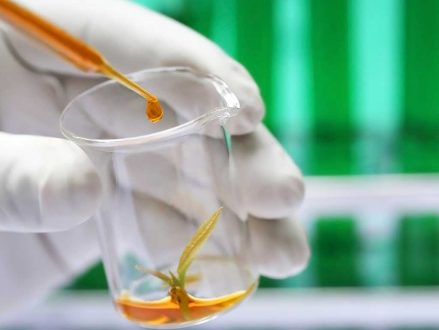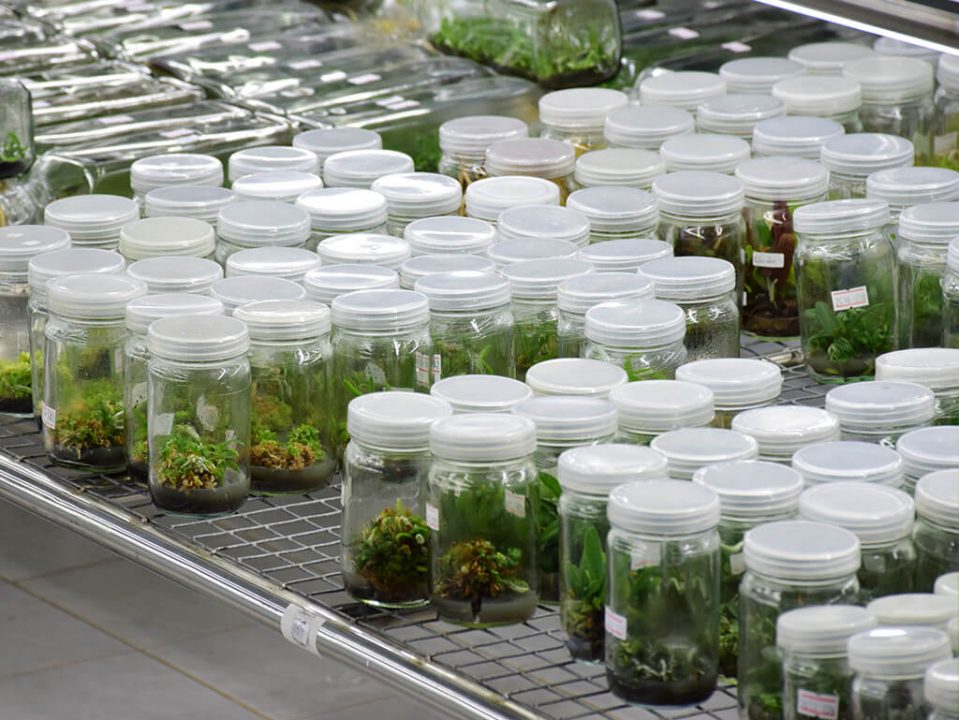Cookies
Websites that measure visitor behavior and record data about it in, for example, cookies (and that is virtually all websites) must adhere to the new EU cookie legislation. This regulation also applies to your privacy.
We strive to inform you as openly and completely as possible about cookies that are used at Lab Associates B.V. Cookies are used by us to improve your ease of use on our website. Below you will find a further explanation about cookies, for which they
are used and how you can, if you wish, opt out of cookies. Through this webpage we will keep you informed about the developments concerning cookies.
What are cookies?
Cookies are small text files that are placed on a computer, telephone or tablet. The cookies are read by the browser (including Google Chrome, Internet Explorer, Safari, Firefox) when opening an internet page. The
creator of a cookie determines which text files he places in the concerning cookie.
As long as you as a user do not enter personal data on the site you visited, the cookie cannot contain this information. There are direct and indirect cookies, also called first and third party cookies. Cookies are in principle not dangerous; they are
not computer programs and cannot be used to distribute computer viruses.
Cookies used by Lab Associates B.V.
Lab Associates B.V. currently uses the following cookies:
| Goal |
Type |
Description |
| Monitoring |
Google Analytics |
An analytics service that helps us to find out what can be improved on the website and how important it is. |
Google https://www.google.com/intl/EN-gb/policies/privacy/
How can I opt out of cookies?
As a user, you can manage cookies that you allow on your computer via the internet browser you use. You can also indicate that you would like to be informed every time a cookie is offered. Below we explain
how you can manage cookies via the most popular internet browsers:
Find out which internet browser you use:
On your PC: click on 'Help' at the top of your browser and choose 'About'
On an Apple Mac: click on the Apple menu and choose 'About' (make sure the browser is open).
Opt-out of cookies in Internet Explorer:
In Internet Explorer you can select the level of the cookie filter:
Select 'Settings'
Click on 'Internet Options'
Click on the 'Privacy' tab
Move the slider to choose your settings. For more detailed privacy settings click on 'Advanced' or go to http://windows.microsoft.com/en-US/windows-vista/Block-or-allow-cookies
Opt-out of cookies in Safari:
Select 'Preferences' from the Safari menu
Select 'Security'
Cookie settings are shown
Choose your settings
More info at: http://support.apple.com/kb/PH5042”>http://support.apple.com/kb/PH5042
Opt-out of cookies in Google Chrome:
All cookies are enabled by default in Google Chrome. You can manage or completely block the behavior of first-party and third-party cookies:
Click on the 'Settings' menu
Select 'Clear Browser Data'
Click on the ‘Clear history, cookies, cache, and more'
More info at: http://support.google.com/chrome/bin/answer.py?hl=nl&answer=95647
Opt-out of cookies in Mozilla Firefox:
In Mozilla Firefox you can set which sites may set cookies and how long they are kept. You can also view and manage your existing cookies:
Click on 'Menu' and then 'Options'
Select 'Privacy'
Select 'Cookies'
Choose your settings
More info via: https://support.mozilla.org/en-US/kb/enable-and-disable-cookies-website-preferences
Detailed cookie information
Lab Associates B.V. strives to inform you as carefully as possible about the used cookies within the website. In the coming period we will work to make the overview below complete.
| Cookie | Name | Time that cookie is stored |
| Google Analytics | _utma | 730 days |
| | _utmb | maximum 1 day |
| | _utmc | date not set |
| | _utmz | 182 days |
Close




